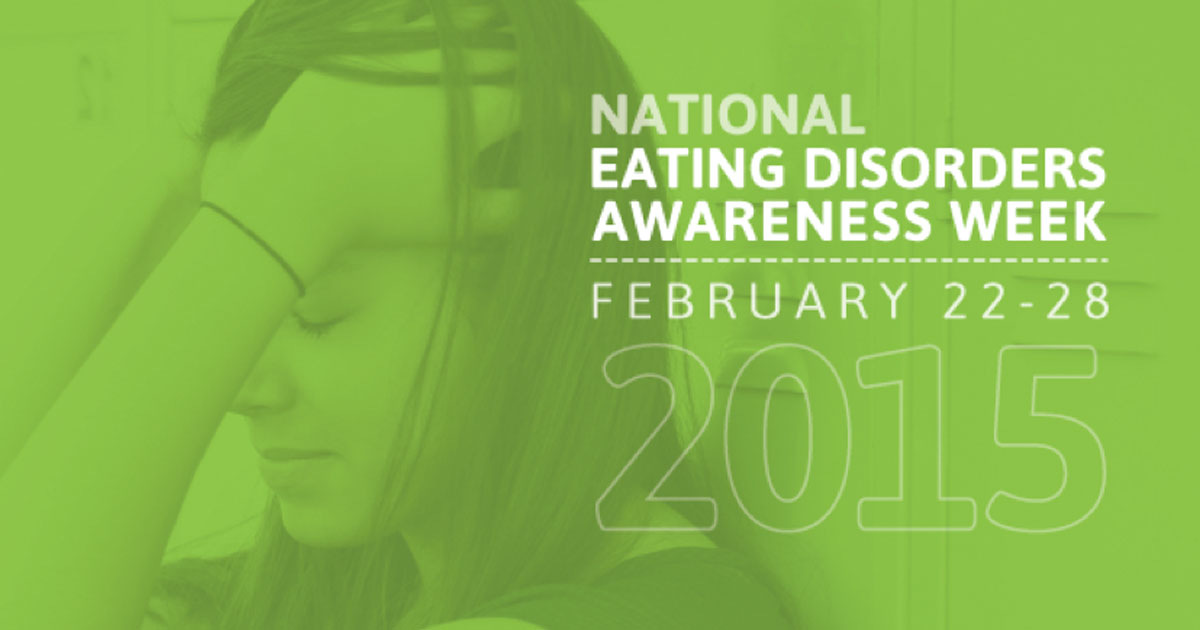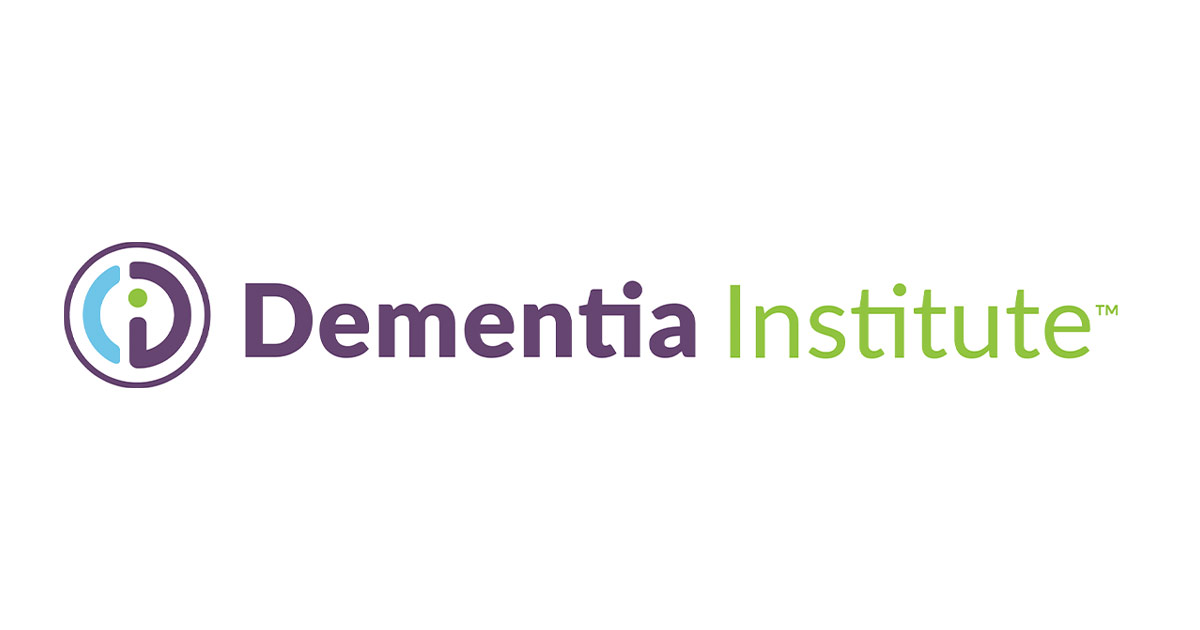National Eating Disorders Awareness Week is February 22 – 28, 2015.
The National Eating Disorders Association's theme, "I Had No Idea," focuses on raising awareness about eating disorders, addressing how images in the media contribute to unrealistic body expectations, breaking down stereotypes about who is affected by eating disorders, and providing resources for medical professionals and parents. NEDA estimates that in the United States, twenty million women and ten million men will suffer from a clinically significant eating disorder at some time in their lives, including anorexia nervosa, bulimia nervosa, binge eating disorder, or an eating disorder not otherwise specified.
Most people have no idea, when it comes to eating disorders:
- I had no idea that my passion had become a problem.
- I had no idea that bullying can trigger disordered eating.
- I had no idea that my quest for health was making me sick.
- I had no idea that eating disorders don't discriminate.
- I had no idea that eating disorders are often overlooked or misdiagnosed.
- I had no idea that eating disorders aren't "just a phase."
- I had no idea that the "perfect" images I see every day are digital illusions.
Parents are sometimes the last to realize, or come to terms with, the fact that their child or teen is suffering from an eating disorder. Friends and family of adults suffering from eating disorders may notice their loved one's behaviors are "off," without being able to put their finger on what's wrong. Here are some telltale eating disorder warning signs:
- Fluid loading—excessive consumption of water, coffee, sugar-free drinks.
- Avoidance of social situations, isolation.
- Body checking—wrapping hands around arms, legs, hips, waist.
- Preoccupation with food, weight, and calories.
- Excessive exercise.
- Excessive gum-chewing or consumption of sugar-free hard candy.
- Weighing self several times daily.
- Abuse of laxatives, diet pills, or diuretics.
- Label reading.
- Visiting the bathroom after every eating occasion.
- Hiding or hoarding food.
- Feelings of guilt after eating.
- Self-criticism and low self-esteem.
- Inadequate coping skills.
- Using food as a coping mechanism.
- Sense of self-worth based on weight.
- Black and white or rigid thinking.
- Self-injury behaviors.
- Impulsive behavior.
- Food rituals—shredding, cutting in excessively small pieces.
- Perfectionism.
- Repeatedly asking, "Do I look fat?" or "Do I look bigger?"
Eating disorders are prevalent in many sports, including, but not limited to gymnastics, figure skating, diving, wrestling, cheerleading, and dance. School administrators, coaches, teammates, and parents can create a culture supporting diversity in size and shape while honing athletic skills, which can make a significant difference in the athlete's attitude toward food and body image. These include:
- Positive coaching based on the individual, versus negative, performance-focused style.
- Increased emphasis on motivation and enthusiasm contributing to personal success, versus body weight or shape.
- Size acceptance and consistent performance, versus forcing unnatural thinness for short-term increased performance.
Locally, resources are available to help those suffering from eating disorders. Contact Forest View Hospital for referrals to various community providers and programs. Forest View Hospital provides the following services:
- 24/7 free assessment center to help determine need and connect with providers.
- Inpatient hospitalization with specialized Eating Disorder program.
- Partial hospitalization with specialized Eating Disorder program.
- Support group for eating disorder sufferers and family that meets the second and fourth Mondays of the month from 7 – 8:15 p.m. in the community room. (Use the Partial Hospitalization Program entrance on the south side of the building.)
Forest View Hospital is located at 1055 Medical Park Drive SE in Grand Rapids. Call 616.942.9610 for more information.
Photo courtesy of the National Eating Disorders Association.




